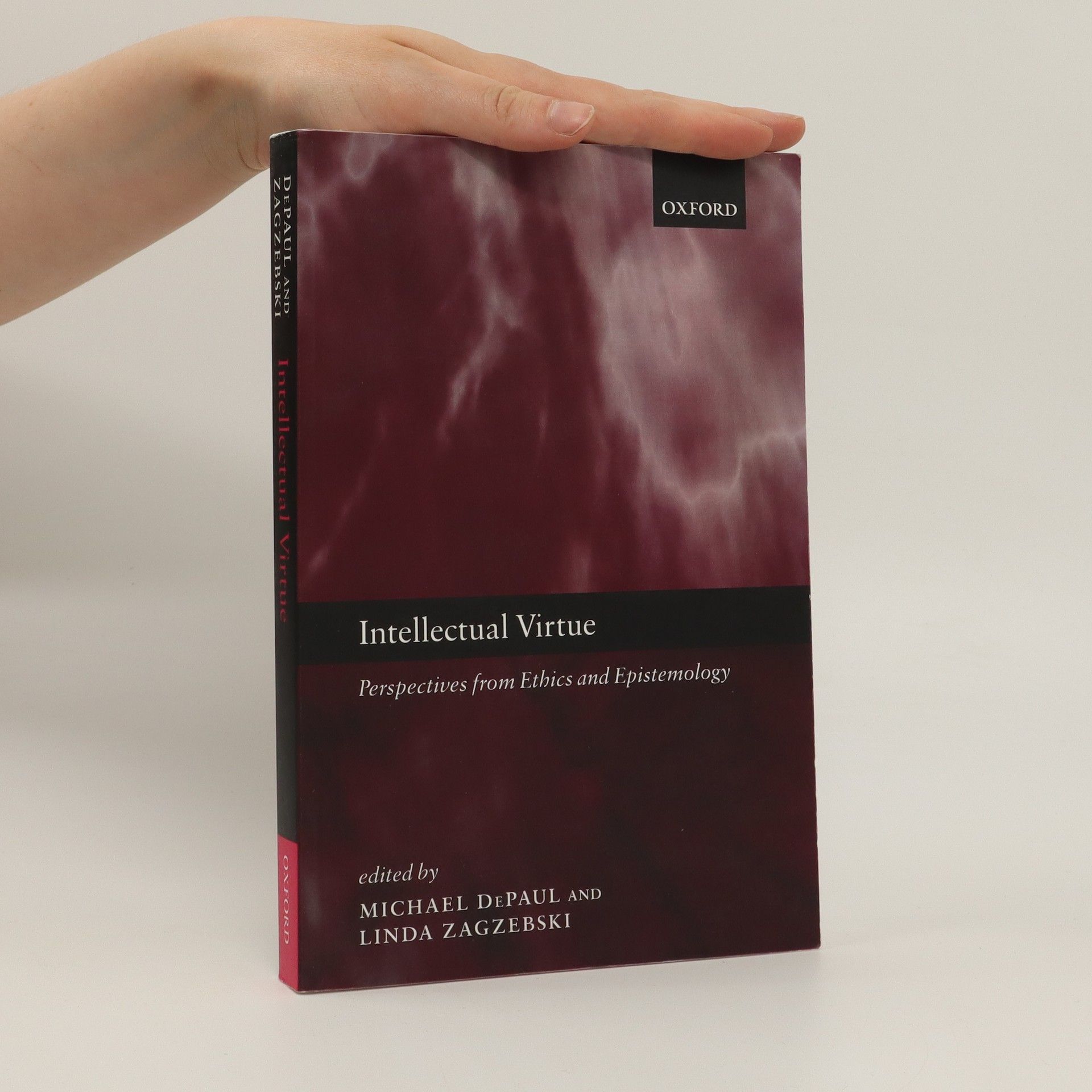The Two Greatest Ideas
- 272 páginas
- 10 horas de lectura
In this insightful work, Linda Zagzebski explores the history and significance of two foundational ideas that have shaped human culture over the past two millennia. She posits that these ideas, while simple and often overlooked, are central to the intellectual advancements of civilization. The first idea asserts that the human mind can comprehend the universe, while the second emphasizes the mind's ability to understand itself. Drawing from lectures delivered in 2018 at Soochow University, Zagzebski presents a comprehensive narrative detailing the emergence and impact of these concepts, as well as the tension between them. The notion that the mind can grasp the universe significantly influenced various cultures during the first millennium BCE, leading to developments in physics, mathematics, philosophy, and major religions. However, during the early modern period, especially in the West, the focus shifted towards self-understanding, highlighting the importance of subjectivity. This shift brought about profound changes in philosophy, political thought, art, literature, religion, and science. Zagzebski offers a fresh perspective on the intellectual foundations of Western culture and examines the historical and contemporary implications of these ideas, including their presence in Eastern thought. She also addresses the roots of familiar cultural divisions, such as autonomy versus harmony, and concludes with reflections on recon

